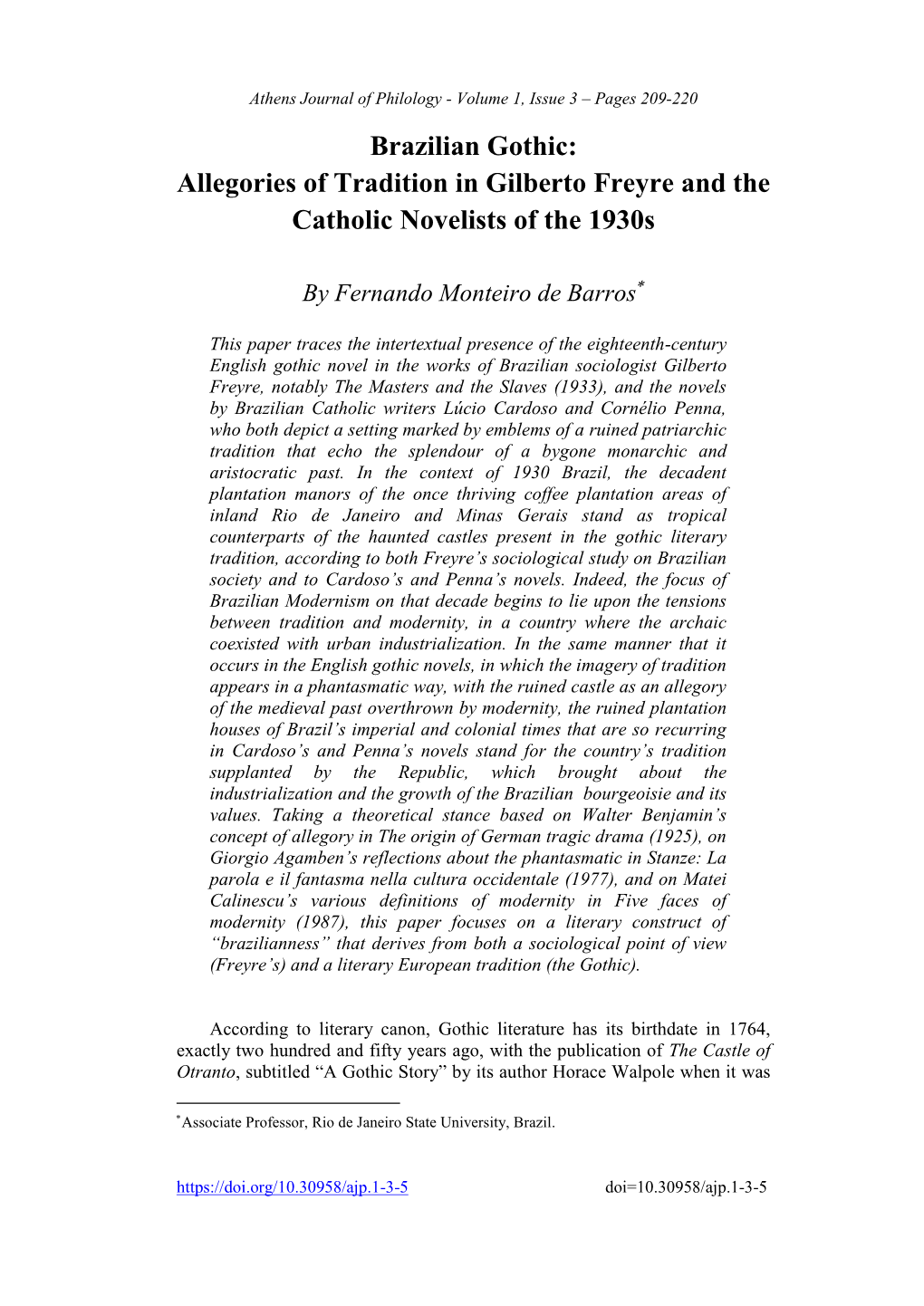

Skidmore argues that the predominantly white elite within Brazilian society promoted racial democracy to obscure very real forms of racial oppression. Skidmore's Black into White, a revisionist study of Brazilian race relations, scholars have begun to criticize the notion that Brazil is actually a "racial democracy". In the past four decades, after the publication in 1974 of Thomas E. Black researchers in the United States would make unfavorable comparisons between their own country and Brazil during the 1960s.

Over time, his theory would become widely accepted both among Brazilians of all stripes and many foreign academics. įreyre's theory became a source of national pride for Brazil, which contrasted itself favorably vis-a-vis the contemporaneous racial divisions and violence in the United States. Freyre also argued that continued miscegenation between the three races ( Amerindians, the descendants of African slaves, and whites) would lead to a "meta-race", i.e.', a " postracial race" or a "race beyond race(s)". Although Freyre never uses this term in the book, he did adopt it in later publications, and his theories paved the way for other scholars who would popularize the concept.įreyre argued that several factors, including close relations between masters and slaves prior to their legal emancipation in 1888 and the supposedly benign character of Portuguese imperialism prevented the emergence of strict racial categories. Racial democracy was first advanced by Brazilian sociologist Gilberto Freyre in his work Casa-Grande & Senzala (English: The Masters and the Slaves), published in 1933. Because of that, while social mobility of Brazilians may be constrained by many factors, gender and class included, racial discrimination is considered irrelevant (within the confines of the concept racial democracy). Those researchers contend that Brazilians do not view each other through the lens of race and do not harbor racial prejudice towards one another.

The term denotes some scholars' belief that Brazil has escaped racism and racial discrimination. Racial democracy ( Portuguese: Democracia racial) is a term used by some to describe race relations in Brazil.


 0 kommentar(er)
0 kommentar(er)
